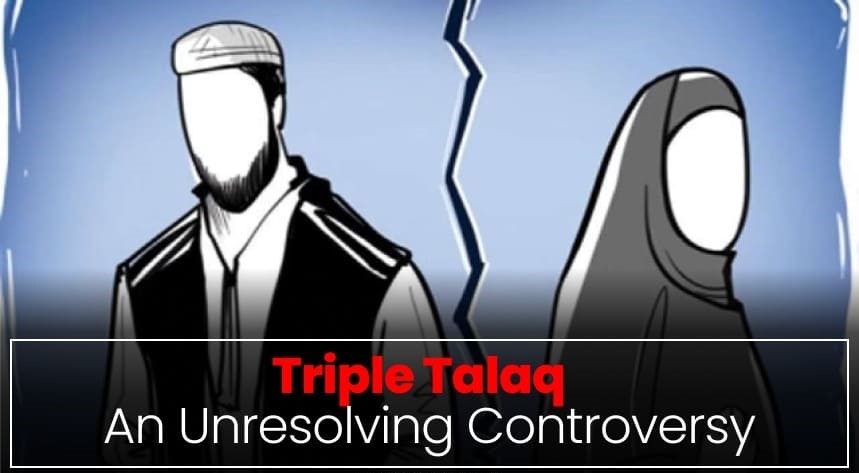
STEPS INVOLVED IN A CONTESTED DIVORCE IN INDIA
STEP-I: The divorce petition containing the facts of the case, the grounds of divorce, all personal details of the parties is filed before the Family Courts under the law.
#Before filing a petition for divorce before a Family Court it should be checked for the case facts i.e the reason or ground on which the divorce is asked for, correct details of both the parties such as name, address, age, date of birth etc.
STEP-II: Family Court scrutinizes the divorce petition and issues notice on the divorce petition to the other party against whom the divorce petition has been filed.
# The petition is then filed at the Family Court filing counter which verifies the contents of the petition and subsequently it is sent to the court having jurisdiction which issues notice to the party against whom the divorce petition is filed.
STEP-III: The parties to the divorce proceedings are directed to appear before the court for reconciliation in all of the cases at Delhi and efforts by the court is made to reconcile them at first.
# Both parties are then directed by the court to appear for reconciliation in the cases they have amongst them at Delhi. The court then makes effort to reconcile them.
STEP-IV: The reconciliation proceedings being conducted by the Family Court is either end successful then the matter stands settled. If the reconciliation proceedings end in failure then the Family Court proceeds with the matter.
# If the reconciliation effort put in by the court is successful the matter stands settled. But if for any reason the reconciliation fails the court then proceeds further with the matter and directs the opposite party to file a written statement with all defenses to the case.
STEP-V: The Family Court directs the opposite party to file written statement to the divorce petition and take all his defenses.
# Converged in above point.
STEP-VI: The petitioner is directed to file his rebuttal/rejoinder to the written statement filed by the opposite party. The application for interim maintenance etc is decided by the court at this stage of the case.
#After the written statement is filed in court, the court then asks for a rejoinder from the petitioner. The court then proceeds further to decide for interim maintenance and other applications.
STEP-VII: The court frames the issues for adjudications and the matter is posted for evidence of the parties.
#After completion of step VI, the issues are framed for adjudication and evidences of parties are called for.
STEP-VIII: The petitioner is directed to lead its evidence by way of filing the relevant documents, papers and by summoning all its witnesses.
# Relevant documents, papers etc. are filed and summoning of all witnesses is done upon the court directing the petitioner to lead its evidence.
STEP-IX: The respondent is asked to lead its evidence by way of fling of the relevant documents, papers and by summoning all its witnesses.
# It is then the turn of the respondent to lead its evidence just as the petitioner does.
STEP-X: The final arguments in the matter are held and the matter is decided by the court.
# After the evidences are lead by both the sides the court holds final arguments and decides the matter.
STEP-XI: The court passes the decree of divorce or rejects the matter based on the entire facts, evidence and law. Either the divorce is granted in favour of the applicant or it is rejected by the court after discussing the entire facts, legal grounds and all other related material.
#Decree of Divorce is granted or rejection of the matter is done then based on all the facts, evidences and law.
You may contact me for consultation or advice by visiting Contact Us
